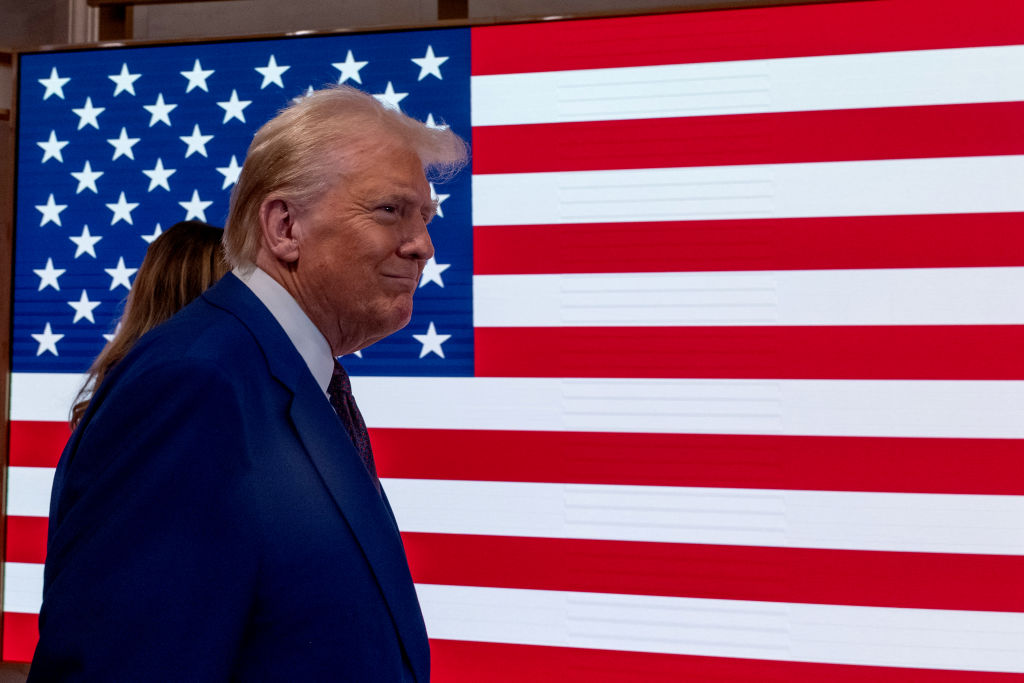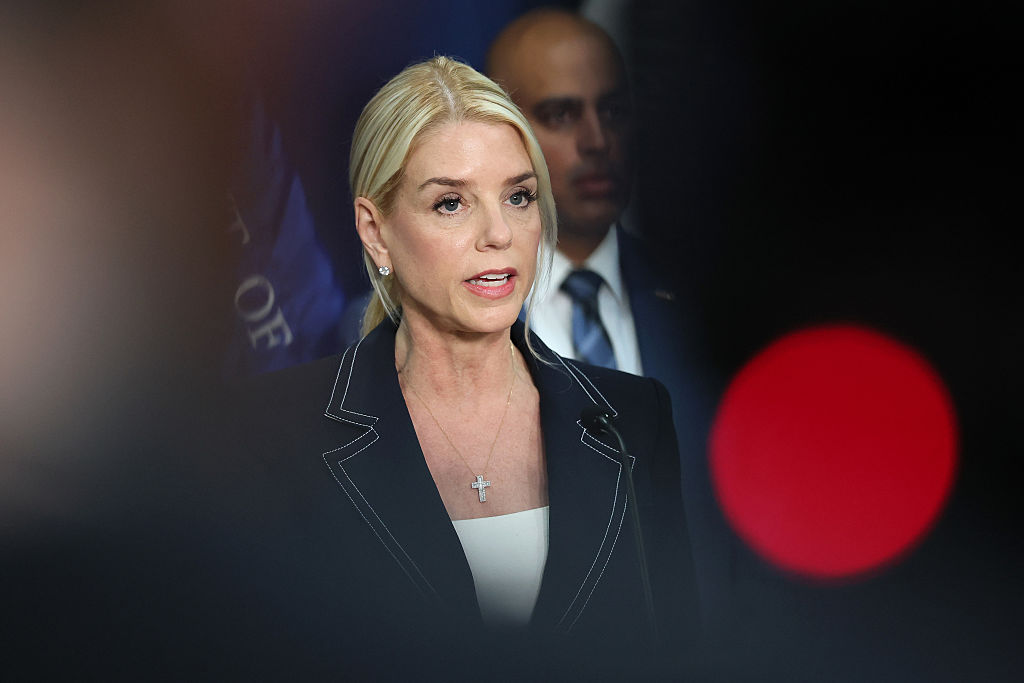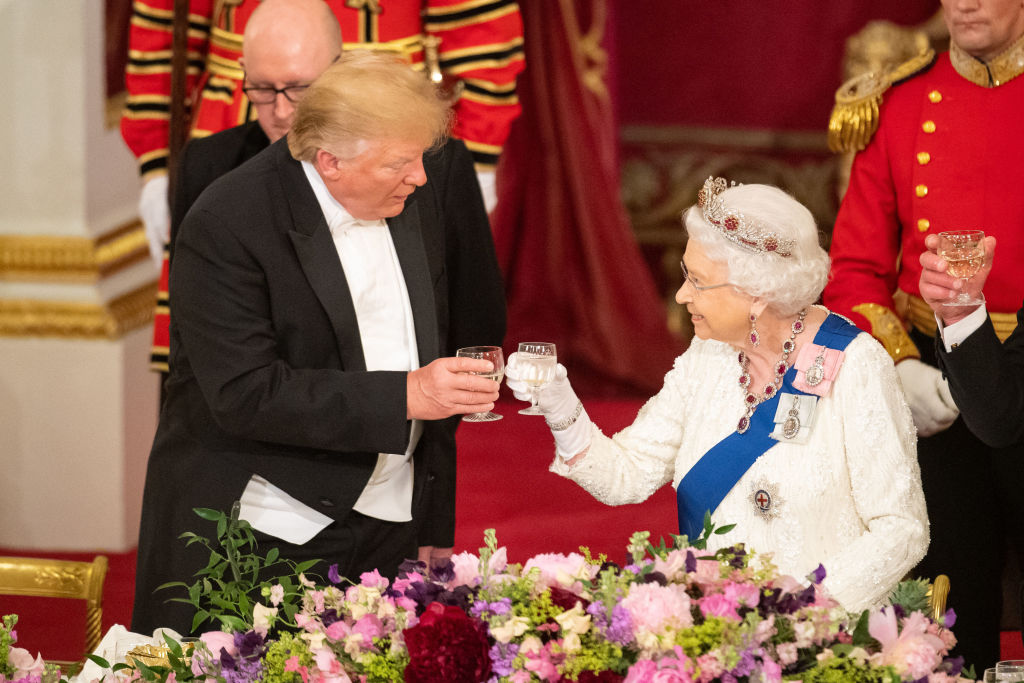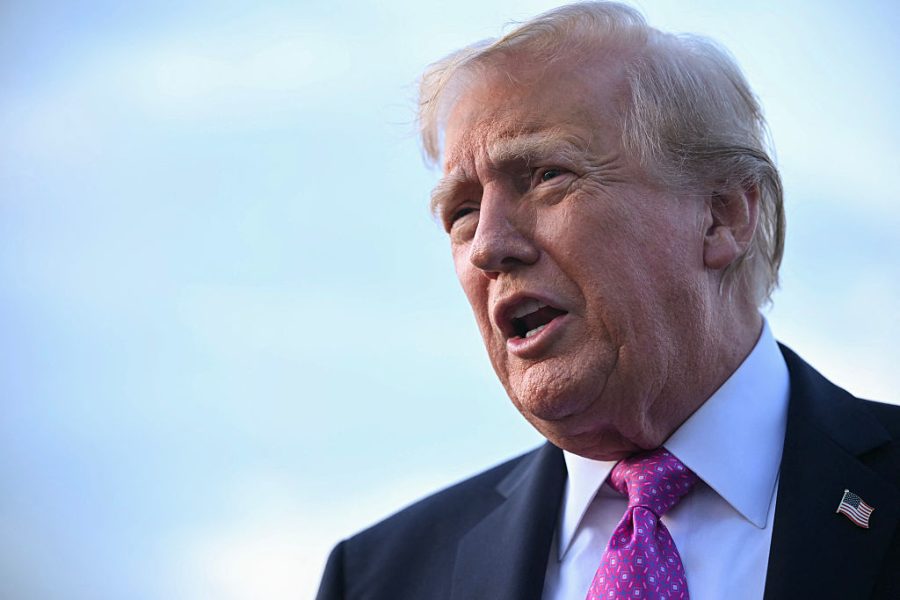It turns out that the campaign was the easy part.
For Donald Trump, winning the election was just securing the beachhead. Now the real work begins. Cities must be retaken. The enemy’s fortifications stormed. Subject populations must be liberated.
As I write, Trump is still trying to assemble his cabinet. You will probably know at least the major dramatis personae by the time you read this. Matt Gaetz, Trump’s embattled pick for attorney general, has bowed out of the confirmation process to avoid “becoming a distraction” for the Trump/Vance transition.
How about RFK Jr.? Will he be confirmed as secretary of the sprawling Department of Health and Human Services? Will Tulsi Gabbard make it as director of national intelligence? Will Pete Hegseth become secretary of defense? And how about Pam Bondi, former AG for Florida, whom Trump has just picked to replace Matt Gaetz?
All that is for the volume I have on order but that has yet to be delivered.
I won’t speculate on the outcome but will say that I think that any president should have very wide latitude to pick the team he wants. This is especially true when a president arrives with as resounding a mandate as did Trump.
This was not an ordinary election. It was a call for democratically ordered revolution. The usual procedure is for the old crowd to vacate their positions while the new crowd slides in to take their places. The institutions remain inviolate. Nothing essential changes.
Trump’s ascension was the opposite. He comes to office as did Javier Milei in Argentina. In one amusing but revelatory clip, Milei is seen walking past a wall on which are pinned the names of various governmental agencies. One after the next, he reaches out, rips off a slip of paper and shouts “Office of Economic Redundancy, afuera! (Out!) Office of Climate Fabrication, afuera! Office of Woke Insanity, afuera!”
I have changed the names to protect the guilty. The point is that, like Milei, Trump was elected not to preserve the status quo but to remake it. In the United States, when people talk about the “peaceful transfer of power,” they mean the power to keep things exactly as they are. That is not what Trump 2.0 is about.
Some people were exercised by the nomination of Matt Gaetz. I was sorry to see him pushed out, partly because I think Trump should have the team he wanted, partly because I think he would have been a refreshing cleansing agent.
The DoJ hates Gaetz because of his brutal cross examination of swamp-dwelling pooh-bahs like Attorney General Merrick Garland and FBI director Christopher Wray. Many of Gaetz’s colleagues in the House hate him because he has been impolitic about calling attention to the questionable stock transactions of certain members and because he led the charge to oust Kevin McCarthy as speaker. A ferocious Trump ally, Gaetz does not play well with others. He does not regard politics as a sinecure.
In my view, all that argued for Gaetz as AG. He lacks the Ivy League polish and clubbable manners of many of his predecessors. But Trump did not nominate him to protect the DoJ. He nominated him as attorney general that he might fumigate it.
That’s water under the bridge now. Maybe Gaetz will have some other position in the fledgling Trump administration. Maybe he will take up Elon Musk’s suggestion that he take a spot in the Department of Government Efficiency. Should he not be confirmed, Musk said, “We will give him the task of auditing the FEC reports of the US senators who opposed him.” An excellent idea. Even though Gaetz never made it to Senate hearings, he might be able to help out with the audit Musk outlined.
Musk’s stated ambition to trim $2 trillion from the government’s annual expenditures seems utopian. But who knows? His astonishing track record to date — he came to Twitter and not only shortened its name to a single letter, he curtailed its payroll by 80 percent. His engineers also vastly improved the software and eliminated many aspects of the censorship algorithms that had transformed Twitter from a tool of free expression to a political enforcement mechanism for the regime. Chances are very good that Musk will make great inroads against the waste, fraud and abuse that seem to be America’s the biggest government initiative in the age of debt and overregulation.
Every four years, I propose that the National Endowments for the Arts and Humanities be abolished. “Oh, but that’s just a drop in the bucket,” comes the response. True, their combined budget of $420 million would pay for less than a month of Kamala Harris’s presidential campaign. But the symbolic value of disposing of those worse-than-useless institutions would be large. Like the execution of Admiral Byng, it would be an act designed, as Voltaire said, pour encourager les autres.
Everyone understands that Donald Trump’s election was the signal for radical change. Somehow, though, the entrenched denizens of the deep state and their megaphones in the propaganda press did not believe that Trump & Co. were really serious. They thought that, after all, the Washington Leviathan would just lumber on in its accustomed, self-engorging way.
But they were wrong. A lot of people have dusted off Ronald Reagan’s old slogan, “It’s morning in America.” Maybe it is morning. Maybe it is midnight. The fletus et stridor dentium that the evangelists Luke and Matthew talk about will be loud and prolonged. Big, and ultimately salubrious, change is coming to Washington and its corridors of power.
This article was originally published in The Spectator’s January 2025 World edition.


























Leave a Reply